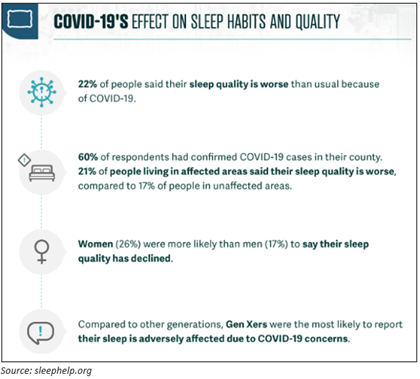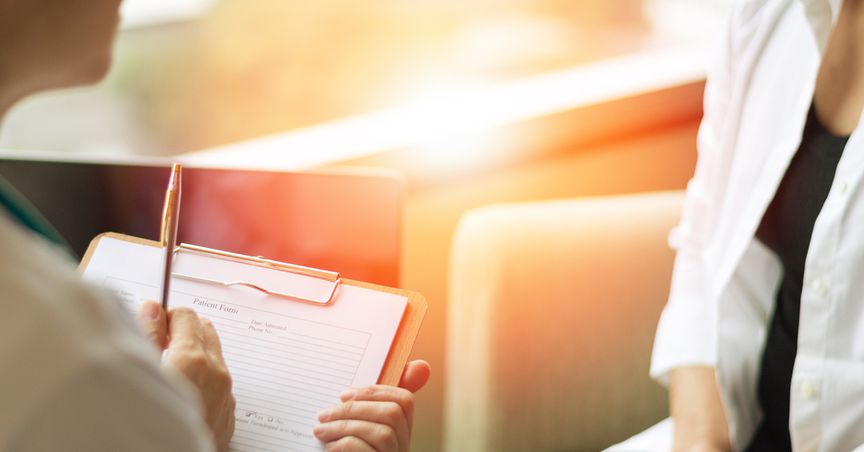Novel coronavirus has resulted in a health and economic crisis that is unprecedented in scope and magnitude, with lockdowns and shutdown of borders owing to required social distancing norms paralysing global economic activity and laying of millions of workers. Globally, there have been more than 4.3 million confirmed cases of COVID-19, with 297,241 deaths, as reported by WHO, as of 8:13 PM CEST, 15 May 2020.
A mid-year economic analysis conducted by the United Nations has highlighted that the world economic growth in 2020 is anticipated to fall by 3.2%, racking up some US$8.5 trillion in overall losses, thereby wiping out output gains of approximately 4 years. However, to fight the pandemic and reduce the impacts of a catastrophic economic downturn, governments across the globe are rolling out measures and stimulus packages.
Besides hitting the economic activity, COVID-19 pandemic is also taking a heavy toll on people’s mental health across the world, as they are getting increasingly concerned about their health, finances, and uncertainty about future possibilities.
Let us acquaint you with some details on how the growing fear of COVID-19 is leading to upsurge in prescriptions of mental health medicines such as anti-insomnia, anti-anxiety, and anti-depressants.
Rising Fear of COVID-19
As novel coronavirus is rapidly sweeping all over the world, it is inducing a considerable degree of anxiety and fear in a large population and among certain sections, such as individuals with some major health issues, aged people, and health care service providers. COVID-19 can prompt many forms of worry, including concerns about healthcare service shortages or disruptions to the global economy. Many people have highlighted that the fear of contracting COVID-19 had caused them to lose their sleep.
The Centers for Disease Control and Prevention (CDC) states that older adults over the age of 65 are at a higher risk of developing severe complications from the coronavirus infection. Also, according to some reports, in addition to propagating at a speed, this strain may make people vulnerable to a second wave of infection after the first attack with COVID-19.
On this front, WHO has stated that the second wave is in our hands, highlighting that COVID-19 is a new coronavirus (SARS-CoV-2) with unknown behaviour and rebound of the virus could happen at any time if measures are not taken for the prevention.
ALSO READ: COVID-19 Fear and Second Wave
The fear of getting infected, combined with concerns regarding losing employment and future uncertainty, has become a major cause of psychological suffering for a majority of the global population. And, at this time, almost everyone is hoping that a vaccine for this deadly virus could be developed as fast as possible.
DO READ: Search for COVID-19 Vaccine; Top 10 Names Across the Globe
COVID-19 Pandemic Increasing Psychological Suffering
Coronavirus is attacking our mental health. As the worldwide spread of COVID-19 continues, stress, fear, and anxiety are also on the upsurge. The COVID-19 induced lockdown has contributed to a rise in the need for prescription tranquilizers and sleep aids in the US, as many of Americans continue to feel on edge about the uncertainty of this viral infection.
Increasing psychological suffering is emerging as another major impact of the COVID-19 pandemic, arising from grief at the loss of loved ones, shock at job losses, isolation, and fear regarding what the future holds. Healthcare service providers, aged persons, adolescents, and those with pre-existing mental health conditions are most at risk from additional mental stress from this turmoil.
In mental health terms, higher rates of anxiety or stress is the major psychological impact so far. However, WHO has highlighted that levels of loneliness, depression, alcohol and drug abuse, and self-harm or suicidal thoughts are also anticipated to increase due to the roll out of some new measures, especially lockdown and its impact on many individuals’ routines, activities or jobs.
The COVID-19 pandemic has not just disrupted waking lives; it has inflicted havoc on the sleep, as well. According to a survey conducted by SleepHelp.org with around 1,000 people in America, nearly 22% (one in 5 individuals) stated that their sleep has suffered due to rising fear with increasing COVID-19 pandemic.

During mid-March 2020, the World Health Organization (WHO) released a report on mental health and psychosocial considerations amidst the COVID-19 outbreak. In its message for healthcare workers, WHO stated that during this time, managing mental health and psychosocial well-being is as important as maintaining physical health. WHO mentioned that urgent mental health and neurological complaints related to depression, delirium, severe anxiety, psychosis and other conditions are required to be managed within emergency or general healthcare services.
Notably, WHO mentioned that as part of its public health response, it has worked in partnership with others for establishing a set of new resources on COVID-19 psychosocial support as well as mental health aspects.
Surge in Prescription of Anti-Depressants, Anti-Anxiety and Anti-Insomnia Medications
From February 16 to March 15, prescriptions for anti-depressants and sleeping medications rose by 18.6% and 14.8%, respectively, across the United States, according to research by Express Scripts Holding Company, a pharmacy benefit management (PBM) organisation. The research work further highlighted that the number of prescriptions filled per week for anti-depressants, anti-insomnia and anti-anxiety medications in total soared by 21% during almost one month period between mid-February and mid-March, reaching a peak in mid-March.
How is Coronavirus Pandemic reviving the Pharma industry? Interesting Read
National Sleep Foundation has listed few tips for improving sleep if anyone found struggling to get a sleep lately in the night and going through a depressing situation-
- Stick to a sleep schedule of the same bedtime and wake up time for the entire week including weekends. This would be beneficial for regulating the body’s clock, thereby aiding an individual to fall sleep and stay asleep during the night.
- One should practice a relaxing bedtime ritual. A relaxing activity helps to stay away from the activities that cause stress, anxiety and excitement, resulting in difficulty to fall asleep.
- If one is having trouble in sleeping, they should avoid naps, especially in the mid noon. Power napping might be helpful to get through the day, but if you cannot fall asleep at bedtime, not having short catnaps may help.
- Daily vigorous exercise is best, but when there is no activity even light exercise is better.
- Alcohol, cigarettes and caffeine can interrupt sleep, so avoid these things. Also avoid heavy meals during evening.
- If nothing helps, speak with your doctor or any sleep professional.
Must Read: Is Cannabis Space Offering a Lucrative Investment Opportunity Amid Coronavirus Outbreak?



